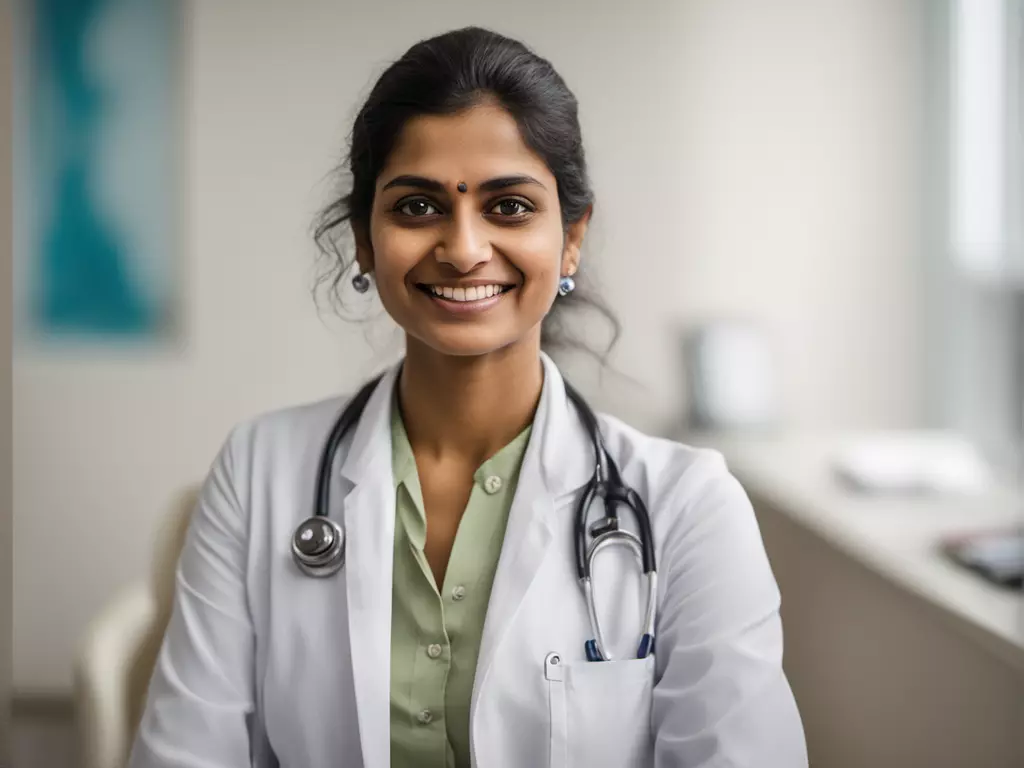
Namaste doston!
So you’ve successfully completed your MBBS. Congratulations! Now it’s time to decide the next step and choose a rewarding postgraduate medical course that fit your interests and career aspirations.
In this detailed blog, I will provide a comprehensive overview of the top PG medical courses in India – MD, MS, Diplomas and more across specializations. Read on to understand eligibility, admission process, scope and help you pick the best postgraduate option after your MBBS. Chaliye shuru karte hai!
In India, the most common PG courses pursued after MBBS are:
These courses can be done in various specializations like Internal Medicine, General Surgery, Pediatrics, Orthopedics, Gynecology, Cardiology, Neurology and so on.
The MD and MS courses are 3 years duration recognized by the Medical Council of India (MCI). The diploma programs are 2-3 year.
To be eligible for postgraduate medical courses in India, you need:
NEET-PG is the single national-level entrance exam conducted by the National Board of Examinations (NBE) for admissions to MD/MS seats in India.
The NEET-PG is conducted once every year, usually in the month of January. The exam comprises of 800 multiple choice questions divided into 2 sections:
Section A – Clinical subjects like Medicine, Obstetrics, Surgery etc. Section B – Pre-clinical subjects like Anatomy, Biochemistry, Pharmacology etc.
You need to secure at least 50th percentile marks to qualify NEET-PG. Your All India Rank (AIR) and category rank determines MD/MS college allotment.
Registration for the exam starts around November each year. Thorough preparation for at least 6 months is highly recommended to crack NEET-PG
Now let’s look at the top PG medical courses, specializations and scope in detail:
Among the most coveted PG degrees after MBBS, the MD program provides in-depth training to practice as a specialist in various clinical disciplines. Some top MD specializations are:
You gain expertise in diagnosing and managing diseases in adult patients related to cardiology, neurology, gastroenterology, pulmonology, immunology, infectious diseases etc.
Pediatricians provide healthcare for infants, children and adolescents. The 3-year training equips you to tackle child health issues like malnutrition, infections, congenital disorders etc.
With rising mental health problems, psychiatry is an impactful specialty to pursue. The program focuses on counseling, therapy, rehabilitation of psychiatric disorders.
Also called radiology residency, this MD trains you in performing and interpreting medical imaging – X-rays, CT, MRI, ultrasounds, angiography etc. to diagnose diseases.
Anesthetists administer anesthesia, manage pain relief, and monitor patients during surgery and procedures. The lucrative and challenging field contributes significantly to surgical and obstetric outcomes.
Other popular MD specializations are Dermatology, Respiratory Medicine, Pathology, Forensic Medicine, Community Medicine, etc. Each program involves intensive theory learning and rigorous practical training.
The MS or Master of Surgery focuses on surgical specializations and anatomy. Some top MS branches are:
One of the most prestigious fields, general surgery residency provides comprehensive training in performing surgeries for a wide range of disorders and traumas related to gastroenterology, urology, vascular surgery, plastic surgery, pediatric surgery etc.
Orthopedic surgeons diagnose and treat musculoskeletal problems including sports injuries, arthritis, fractures, ligament tears, bone tumors etc. The MS Orthopedics residency covers trauma, arthroplasty, spine surgery, pediatrics and more.
This 3-year MS trains you to medically and surgically treat eye disorders like cataracts, glaucoma, corneal disease, squint, refractive errors etc. Ophthalmologists greatly improve patients’ vision and quality of life.
Ear, nose and throat (ENT) specialists treat conditions related to head and neck like hearing loss, sinusitis, tonsillitis, endoscopic sinus surgery, cochlear implants etc. The MS ENT program covers latest diagnostic and surgical methods.
Also called OB-GYN residency, this MS focuses on women’s reproductive health including pregnancy, childbirth, menopause, infertility, oncology, endoscopy, family planning etc. Gynecologists’ role is invaluable in women’s welfare.
There are 25+ MS branches recognized by MCI spanning all surgical domains. Extensive clinical and OT training is integral during the 3-year course.
Diploma Courses After MBBS
These are shorter 2-3 year PG programs focused on a specialized area of medicine and surgery. Some popular diplomas are:
Diploma in Child Health (DCH) Diploma in Psychological Medicine (DPM) Diploma in Obstetrics & Gynecology (DGO) Diploma in Orthopedics (D Ortho)
Diploma in Ophthalmology (DO) Diploma in Anesthesiology (DA) Diploma in Dermatology, Venerology and Leprosy (DDVL)
The syllabus is similar to MD/MS courses but condensed. Diplomas provide cost-effective super-specialization options after MBBS and are recognized by MCI.
DNB (Post MBBS)
The Diplomate of National Board or DNB conducted by the National Board of Examinations (NBE) is considered equivalent to MD/MS degrees. It involves 3 years of hospital-based learning in Medicine, General Surgery, Pediatrics, Orthopedics, OBG, Radiology and other specializations.
DNB candidates also need to qualify the NEET-PG exam. Due to intensive practical focus, DNB doctors are highly skilled in their disciplines.
With so many options, how do you zero in on the ideal postgraduate program? Here are a few key aspects to guide your decision:
The most fulfilling PG branch is one that resonates with your strengths, interests and purpose in medicine.